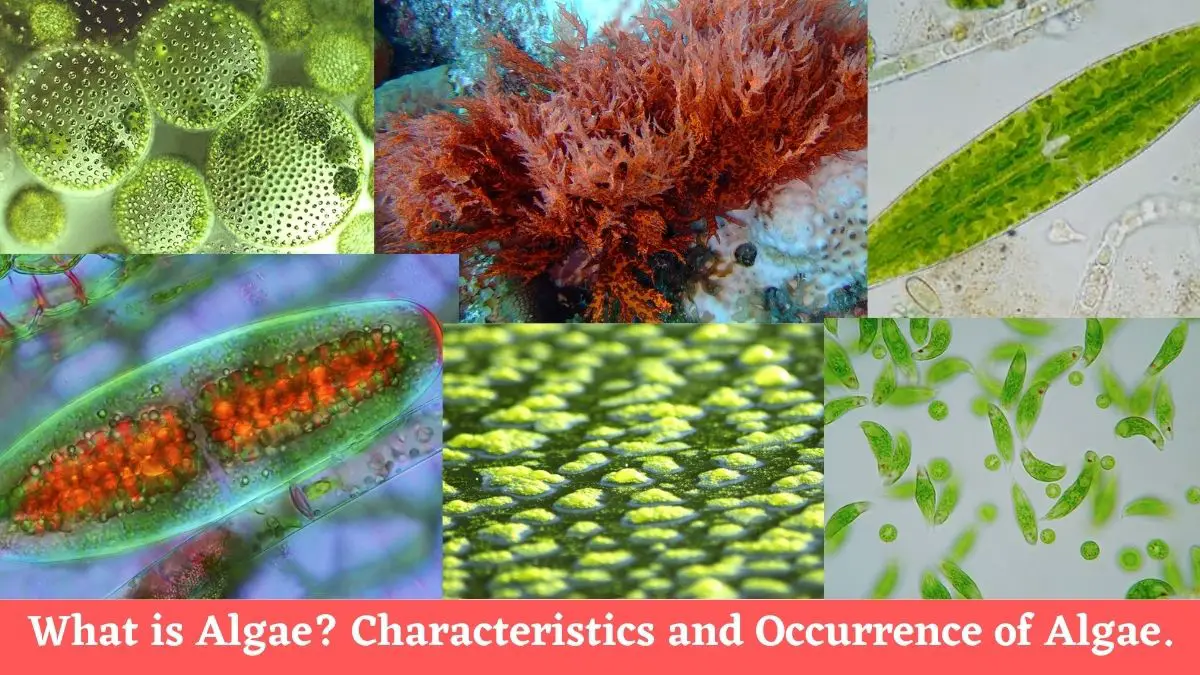Economic Importance of Algae – Food Industry, Chemical Industry, Agriculture, Medicine
Economic Importance of Algae Overview Algae is a photosynthetic, eukaryotic marine organism. Their size ranges from unicellular microalgae to giant kelp. Algae are characterized by their lack of flowers, formal roots, leaves, or even stems. They can grow anywhere such as in the dirt or on rocks, marine water, freshwater, etc. Algae are variable in shapes, … Read more







